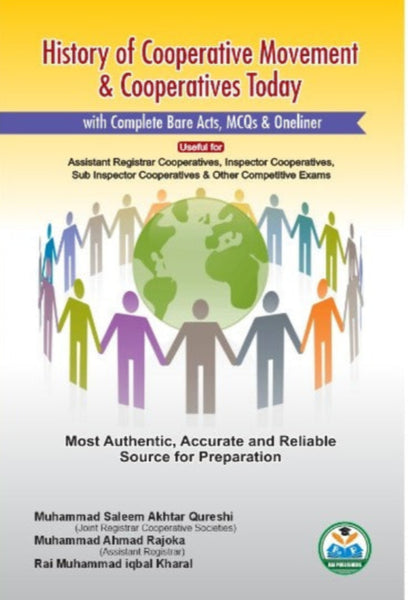The March Of Folly by Barbara W. Tuchman (Author)
- Publisher: HISTORY
- Availability: In Stock
- SKU: 53208
- Number of Pages: 447
Rs.930.00
Rs.1,295.00
Tags: affordable prices , arrogance in leadership , best books , best books online , Best Price , best prices , Best Selling Books , best shop , Book shopping , bookshop , bookshop Multan , bookshop near me , bookshop online , bookshop online Multan , bookshopPakistan , buy online books , decision-making errors , digital shopping , good books , good booksonline , governmental failures , historical analysis , institutional inertia , Internet Shop , irrational decisions , leadership lessons , leadership mistakes , lessons for governance , lessons from history , one stop shop , ONLINE BOOKS , Online Books Shop , online books store , Online Bookshop , Online Bookshop Pakistan , online bookstore , online shop , online shopping , Online Shopping Pakistan , OnlineShoppingPakistan , Pakistan Bookshop , PakistanBookshop , PakistanOnlineShopping , policy failures , political blunders , political folly , political wisdom , price cut , price-friendly Comprehensive , ReasonablePrice , reduced price , secure shopping , Shopping , ShopSmartPakistan , societal challenges , societal consequences , Virtual Shop

























